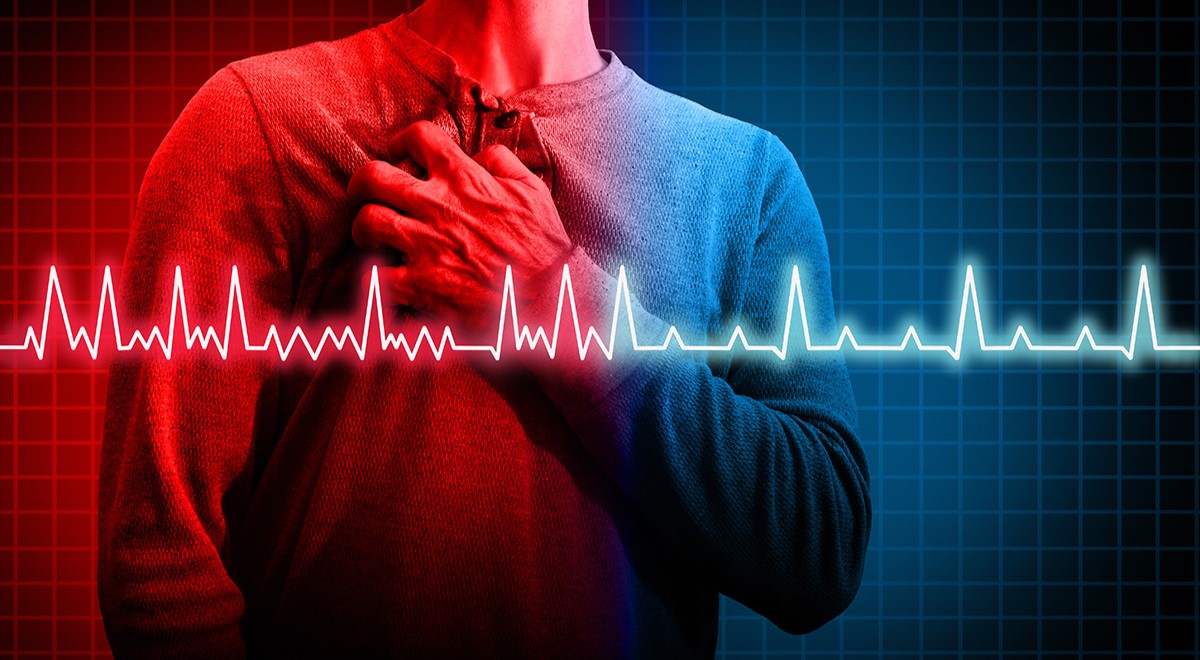
Myocardial infarction, commonly known as a heart attack, is a serious medical condition that affects millions worldwide. But what exactly happens during a heart attack? A myocardial infarction occurs when blood flow to a part of the heart is blocked for a long enough time that part of the heart muscle is damaged or dies. This blockage is often caused by a buildup of fat, cholesterol, and other substances, forming a plaque in the arteries. Understanding the causes, symptoms, and treatments of myocardial infarction can help save lives. In this post, we’ll explore 14 essential facts about heart attacks, from risk factors to prevention tips. Stay informed and take charge of your heart health!
Understanding Myocardial Infarction
Myocardial infarction, commonly known as a heart attack, is a serious medical condition. It occurs when blood flow to a part of the heart is blocked for a long enough time that part of the heart muscle is damaged or dies. Here are some important facts about myocardial infarction.
-
Heart Disease Leading Cause of Death
Heart disease, including myocardial infarction, is the leading cause of death globally. It claims more lives each year than any other disease. -
Symptoms Can Vary
Symptoms of a heart attack can vary widely. Common signs include chest pain, shortness of breath, nausea, and lightheadedness. However, some people, especially women, may experience less typical symptoms like fatigue or back pain.
Risk Factors
Understanding the risk factors can help in prevention and early detection of myocardial infarction. Here are some key risk factors.
-
High Blood Pressure
High blood pressure is a significant risk factor. It can damage arteries over time, making them more susceptible to blockages. -
High Cholesterol Levels
Elevated cholesterol levels can lead to the buildup of plaques in arteries, increasing the risk of a heart attack. -
Smoking
Smoking damages the lining of arteries and contributes to the buildup of fatty deposits, which can lead to myocardial infarction.
Prevention and Management
Preventing myocardial infarction involves managing risk factors and making healthy lifestyle choices. Here are some effective strategies.
-
Healthy Diet
A diet rich in fruits, vegetables, whole grains, and lean proteins can help reduce the risk of heart disease. -
Regular Exercise
Regular physical activity strengthens the heart and improves circulation, reducing the risk of a heart attack. -
Avoiding Tobacco
Quitting smoking and avoiding secondhand smoke can significantly lower the risk of myocardial infarction.
Medical Interventions
Medical interventions play a crucial role in treating and managing myocardial infarction. Here are some common treatments.
-
Medications
Medications like aspirin, beta-blockers, and statins are often prescribed to manage symptoms and prevent further heart damage. -
Angioplasty
Angioplasty is a procedure used to open blocked arteries and restore blood flow to the heart. -
Coronary Artery Bypass Surgery
This surgery involves creating a new path for blood to flow to the heart by bypassing blocked arteries.
Recovery and Rehabilitation
Recovery from a myocardial infarction involves medical care and lifestyle changes. Here are some important aspects of recovery.
-
Cardiac Rehabilitation
Cardiac rehabilitation programs provide supervised exercise, education, and support to help patients recover and prevent future heart problems. -
Lifestyle Changes
Making long-term lifestyle changes, such as eating a heart-healthy diet, exercising regularly, and managing stress, is crucial for recovery. -
Follow-up Care
Regular follow-up care with a healthcare provider is essential to monitor heart health and adjust treatment plans as needed.
Heart Health Matters
Understanding myocardial infarction can save lives. These 14 facts highlight the importance of recognizing symptoms, knowing risk factors, and seeking immediate medical help. Heart attacks don't discriminate; they can affect anyone, regardless of age or gender. Lifestyle changes like eating a balanced diet, exercising regularly, and avoiding smoking can significantly reduce risk. Regular check-ups with your doctor are crucial for early detection and prevention. Remember, time is muscle—every second counts during a heart attack. If you or someone you know experiences chest pain, shortness of breath, or other warning signs, call emergency services right away. Stay informed, stay healthy, and take proactive steps to protect your heart. Your heart's health is in your hands.
Was this page helpful?
Our commitment to delivering trustworthy and engaging content is at the heart of what we do. Each fact on our site is contributed by real users like you, bringing a wealth of diverse insights and information. To ensure the highest standards of accuracy and reliability, our dedicated editors meticulously review each submission. This process guarantees that the facts we share are not only fascinating but also credible. Trust in our commitment to quality and authenticity as you explore and learn with us.


